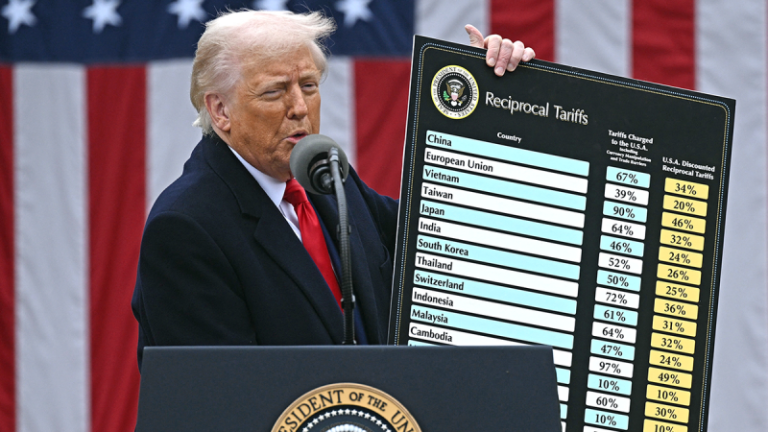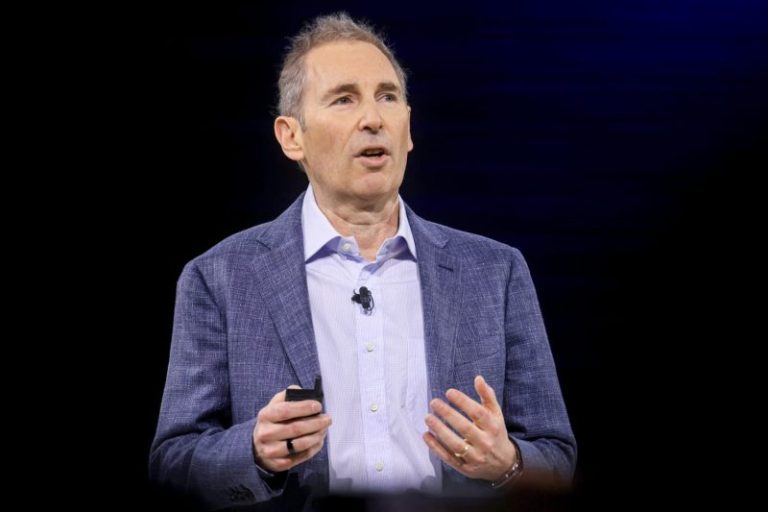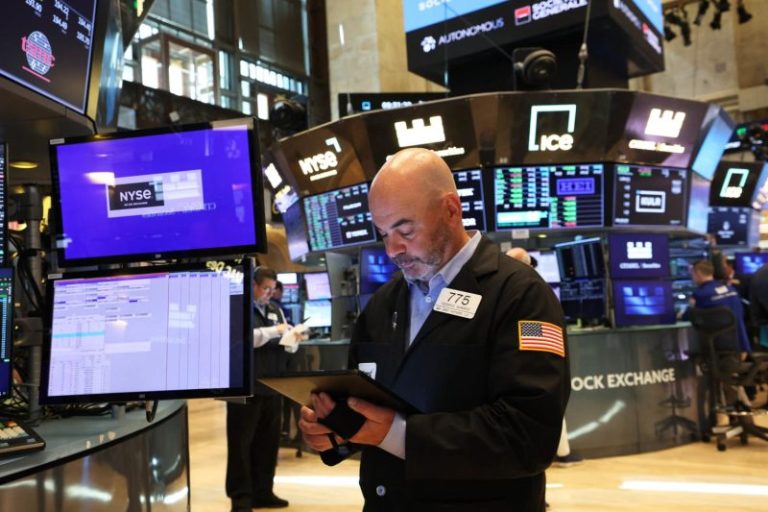With Elon Musk leaving his role at the White House as head of the Department of Government Efficiency and President Donald Trump saying DOGE’s work will continue, the question now in Washington is who will take the reins to become Musk’s successor.
Musk, who has led Trump’s waste-cutting task force from Inauguration Day until now, announced his departure in an X post this week, saying: ‘As my scheduled time as a Special Government Employee comes to an end, I would like to thank President @realDonaldTrump for the opportunity to reduce wasteful spending,’
Musk said the DOGE mission ‘will only strengthen over time as it becomes a way of life throughout the government.’
So, who will take Musk’s place? Right now, no one.
A senior White House official previously told Fox News Digital that ‘the DOGE employees at their respective agency or department will be reporting to and executing the agenda of the president through the leadership of each agency or department head.’
The official said DOGE is now part of the ‘DNA’ of the federal government, and that it will keep operating as it already has.
Speaking with reporters on Thursday, White House Press Secretary Karoline Leavitt confirmed that ‘the DOGE leaders are each and every member of the president’s cabinet and the president himself, who is wholeheartedly committed to cutting waste, fraud and abuse from our government.’
These statements cast doubt on whether any singular individual will succeed Musk as the DOGE chief. However, if Trump finds a DOGE successor necessary and decides to shift gears, who could fill Musk’s shoes?
Amy Gleason
While Musk was never an official federal employee, Amy Gleason, a little-known government employee who also worked in the first Trump administration, has been serving as the official acting chief of the United States DOGE Service (USDS) since February.
If the president decides to steer clear of any public-facing DOGE chief, it seems likely that he will keep Gleason on as a more behind-the-scenes DOGE leader at USDS.
Gleason, 53, is a career official who was recognized by the Obama administration as a ‘champion of change’ for her work with several nonprofits researching and raising awareness about a rare autoimmune disorder known as Juvenile Myositis. Gleason previously worked in the first Trump administration in what was then called the U.S. Digital Service before leaving to work at Russell Street Ventures, which was founded by Brad Smith, another DOGE leader.
Keeping Gleason on as DOGE chief would allow the president to keep the agency’s efforts alive while following the structure of each cabinet head leading their own waste-cutting programs.
Russell Vought
As director of the White House Office of Management and Budget, Russell Vought has already been a central figure in DOGE’s waste-cutting efforts.
The Wall Street Journal reported that Vought already has plans to continue Musk’s efforts, even in his current role as OMB head. Vought is a close ally of Trump and a much more subdued personality than Musk, making him appear as a likely pick to take over DOGE.
However, Vought does come with his own political baggage, with many on the left labeling him a ‘Christian nationalist’ and criticizing his role as a co-author of Project 2025. Still, he was successfully confirmed by the Senate in his current role as OMB director.
Vivek Ramaswamy
A one-time GOP presidential candidate-turned key Trump ally, Vivek Ramaswamy, has been widely reported as a top contender to replace Musk at the helm of DOGE. Ramaswamy co-led DOGE alongside Musk for a short period at the start of Trump’s second term. However, he stepped down from his DOGE leadership role in February to begin his run for Ohio governor.
Though Ramaswamy shares Musk’s and Trump’s vision for cutting government waste, it would seem unlikely he would rejoin the DOGE team any time soon with his eyes on winning the keys to the Ohio governor’s mansion in 2026.
Fox News Digital’s Diana Stancy contributed to this report.





